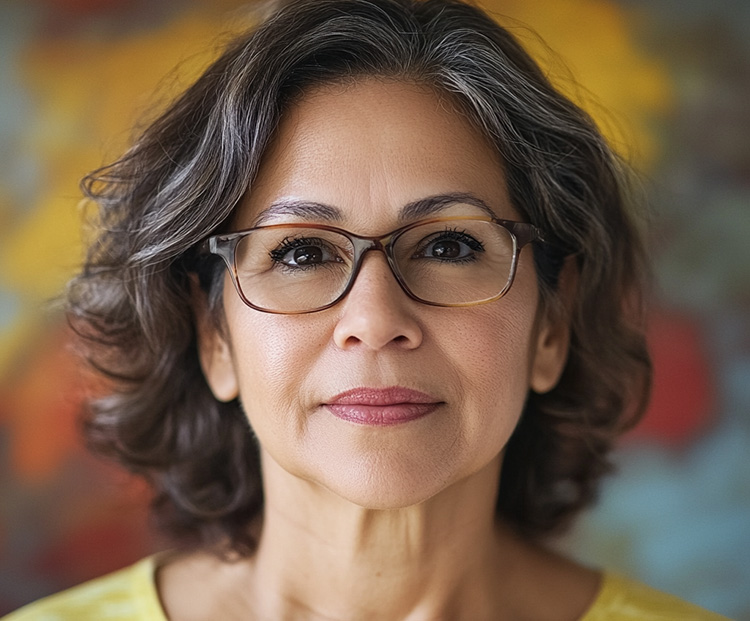Prevent Blindness provides free resources including an innovative diabetes and vision toll-free audio resource, webpages, fact sheets, and educational videos to help prevent vision loss and blindness from diabetes
Prevent Blindness is offering new resources to the public as part of its Diabetes-related Eye Disease Month in November.
According to the study, “Prevalence of Diabetic Retinopathy in the US in 2021,” approximately one in four Americans ages 40 and older with diabetes have Diabetic Retinopathy. A higher percentage of Black (8.7 percent) and Hispanic (7.1 percent) individuals with diabetes are at risk for vision loss compared to their White (3.6 percent) counterparts. There are significant variations by state and county which reflect related factors such as access to eye care and resources.
Diabetic retinopathy can lead to other serious vision problems including diabetes-related macular edema, cataract, glaucoma, and retinal detachment. And, diabetic retinopathy is the leading cause of blindness in working-age adults.
Fortunately, the risk of vision loss and blindness from diabetes-related eye disease can be significantly lessened if it is detected and treated early. That’s why Prevent Blindness is offering free educational resources that include webpages, fact sheets and social media graphics in English and Spanish, and a variety of educational videos.
New this year, Prevent Blindness is launching the Prevent Blindness Eye Health Audio Library offering free, 24/7 access to critical diabetes eye health information, accessible via voice commands in both English and Spanish. Patients or care partners are invited to call 1-833-998-5850 for medically vetted information on diabetes-related eye disease, eye exam preparation and scheduling, condition management strategies, and specialized guidance for pregnant patients and the newly diagnosed. Co-created with patients and providers, and supported by funding from Regeneron and Genentech, this resource is designed to provide prevention information accessible to diverse audiences.
For eye care providers, Prevent Blindness will also soon be releasing a modular education program focused on patient-centered, bias-free diabetes and vision care. Working with the Joint Commission on Allied Health Personnel in Ophthalmology’s ophthalmic allied health professionals Continuing Education (CE) program as well as the American Optometric Association’s paraoptometric CE program, this new effort works to identify gaps in care and patient experiences. This program is also made possible through funding support from Regeneron and Genentech.
As part of the Juvenile Diabetes and Vision Health resource, new “Diabetes + Your Eyes: Vision Health in Youth” fact sheets (available in English and Spanish) are available including “Diabetes: Be Your Teen’s Vision Hero!” and “Diabetes: Your Vision, Your Life.” These resources are supported by funding from UnitedHealthcare.
An upcoming new Prevent Blindness Focus on Eye Health podcast will host a special roundtable discussion about diabetes and eye health. Guests include Rajeev S. Ramchandran, MD, MBA, associate professor of ophthalmology at University of Rochester Flaum Eye Institute; Talana Townsend, president of Visually Impaired Advocates – Houston; and Nita Sinha, senior director, Public Health at Prevent Blindness.
Finally, Prevent Blindness recently assembled its new Diabetes + the Eyes Advisory Committee. The all-volunteer committee brings together leaders from eyecare and public health, patient advocates, diabetes-education professionals, and more. Among many of the group’s charges are improving diabetes and eye health programs and education, increasing access to quality eye care and treatment, drafting and advancing federal and state policy, and promoting research and surveillance.
“By educating patients on how to prevent vision loss from diabetes and implementing systems and programs that increase access to eye care across the United States, we will empower millions of patients with diabetes to avoid unnecessary vision loss and blindness,” said Dr. Ramchandran, member of the Prevent Blindness Diabetes + the Eyes Advisory Committee.


